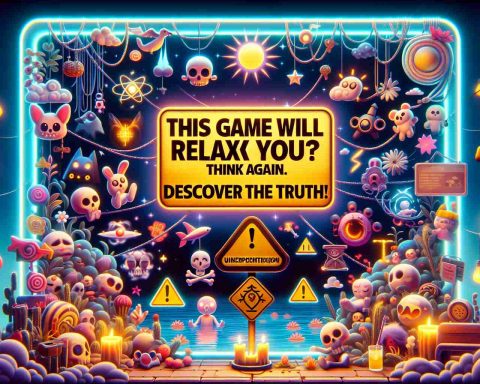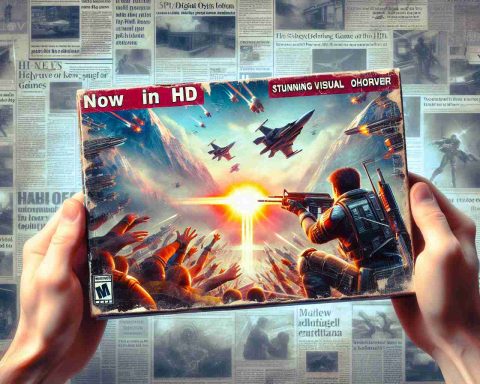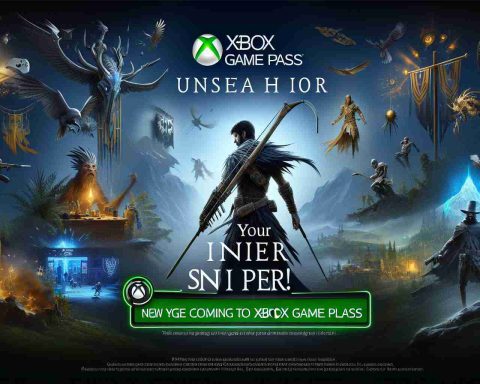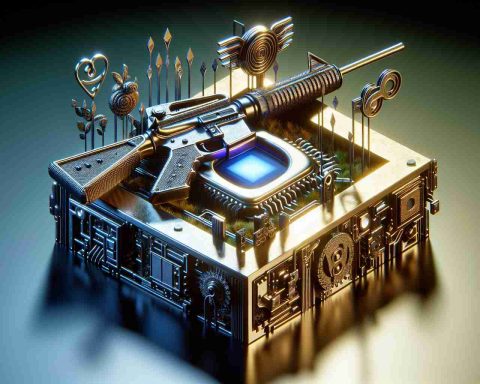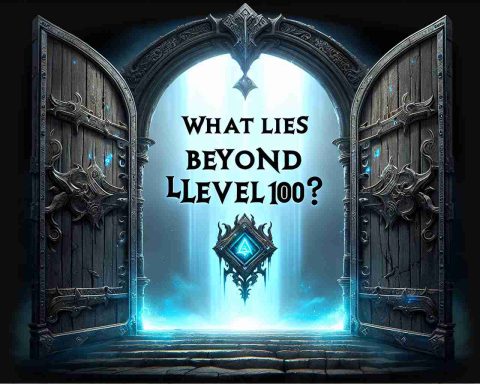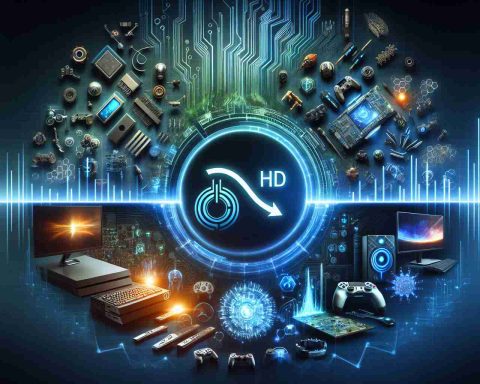The Intersection of Gaming and AI Evaluation
In a quest to better assess AI capabilities, tech enthusiasts are increasingly turning to games as innovative testing grounds. Recognizing that traditional benchmarks often rely on rote memorization or irrelevant tasks, developers like Paul Calcraft have created engaging applications where AI models engage in interactive games.
Calcraft’s ambitious project invites two AI systems to play a Pictionary-inspired game, where one draws while the other guesses. This format pushes AI beyond merely recalling past information, challenging them to genuinely interpret and convey complex concepts.
Extending this idea, 16-year-old Adonis Singh has developed a tool named Mcbench that places AI in the expansive realm of Minecraft. This structure-testing approach provides AI with resources and autonomy, fostering a deeper evaluation of their problem-solving skills.
Games as a testing mechanism is not a recent idea. Historically, influential figures like Claude Shannon endorsed competitive environments like chess for assessing artificial intelligence. Modern examples include OpenAI’s training in Dota 2 and DeepMind’s Pong ventures.
Experts argue that employing games allows for intuitive assessment of AI logic and decision-making. Unlike traditional benchmarks, games present a dynamic and visually engaging format to explore AI behavior, illuminating areas like spatial understanding and multimodal reasoning.
While skepticism remains regarding the ultimate effectiveness of these gaming tests, the potential they hold for evolving AI evaluation continues to intrigue the tech community.
Enhancing AI Evaluation Through Gaming: Tips, Life Hacks, and Interesting Facts
The intersection of gaming and AI evaluation opens a wealth of possibilities for developers, researchers, and enthusiasts alike. As the tech landscape evolves, so do the methods of assessing artificial intelligence. Below are some practical tips, life hacks, and intriguing facts that can enhance your understanding and involvement in this exciting domain.
Tip 1: Experiment with Game Development Tools
If you’re interested in creating your own AI testing environments, explore user-friendly game development tools like Unity or Roblox Studio. These platforms allow you to prototype games easily, enabling you to create innovative challenges for AI systems that assess their cognitive abilities.
Life Hack: Leverage Open Source Resources
Many developers share their projects and tools online. Explore platforms like GitHub for open-source game projects or AI evaluation frameworks. Utilizing these resources can save you time and give you inspiration for your own endeavors.
Interesting Fact 1: The Role of Gamification
Gamification—the application of game-design elements in non-game contexts—has been instrumental in making AI evaluation more engaging. By integrating fun incentives, researchers can attract diverse participants to interact with AI in ways that yield valuable data.
Tip 2: Follow AI and Gaming Communities
Join gaming and AI forums or online communities such as Reddit’s r/MachineLearning and r/gaming. Engaging with these communities can provide insights into new projects, collaborations, and challenges within the field, keeping you updated on the latest trends.
Life Hack: Analyze Existing AI Models
When evaluating AI behavior in gaming contexts, consider using existing models available through platforms like OpenAI. By analyzing how these models perform in various games, you can gain a better understanding of their strengths and weaknesses.
Interesting Fact 2: AI Learning Through Competition
Competitions like AI competitions in games showcase how these models learn and adapt. For instance, the AlphaGo challenges against human champions highlighted the strategic depths that AI can reach, changing the narrative of human vs. machine capabilities in gaming.
Tip 3: Use Data Visualization Tools
Utilize data visualization packages like Matplotlib or Tableau to illustrate the performance differences of AI in various gaming scenarios. Visual representation can help in understanding complex results and communicating findings effectively.
Life Hack: Create Collaborative Projects
Team up with friends or colleagues to design mini-game tournaments where multiple AI systems compete. This collaborative approach can promote learning and open discussions on AI strategies and performance metrics.
Interesting Fact 3: The Psychology of Gaming and AI
The dynamics between AI and human players in gaming environments can reveal a lot about both human cognition and AI behavior. Theories from psychology can often be applied to understand how AI might mimic human learning and decision-making processes in real-time gaming scenarios.
As the field of AI evaluation continues to expand and transform, embracing the intersection with gaming presents an exciting frontier for innovation. For more on the integration of technology with gaming, visit TechRadar and explore a variety of related topics.



